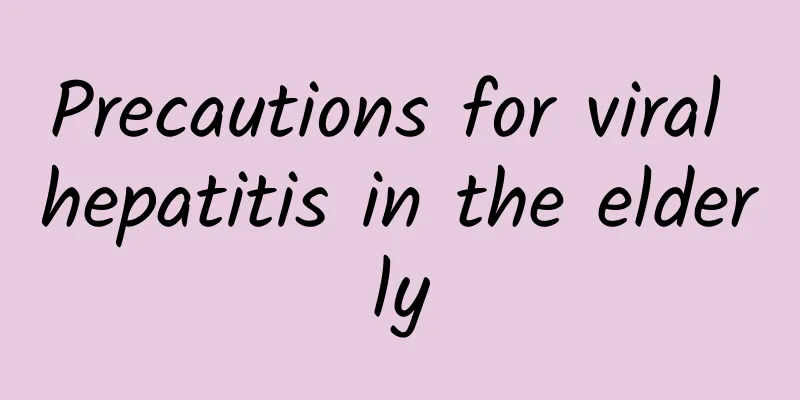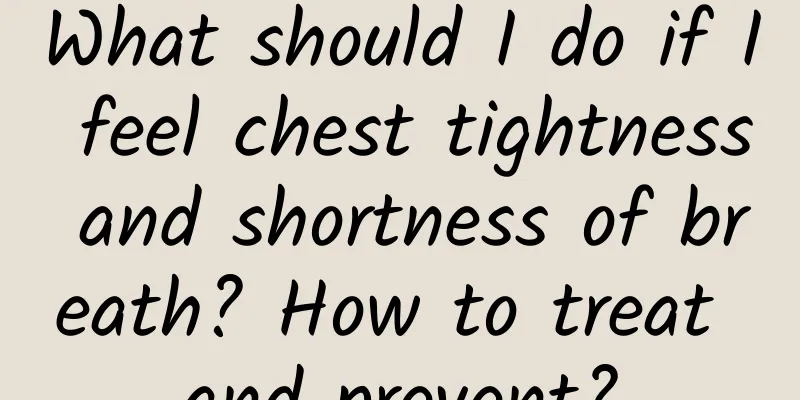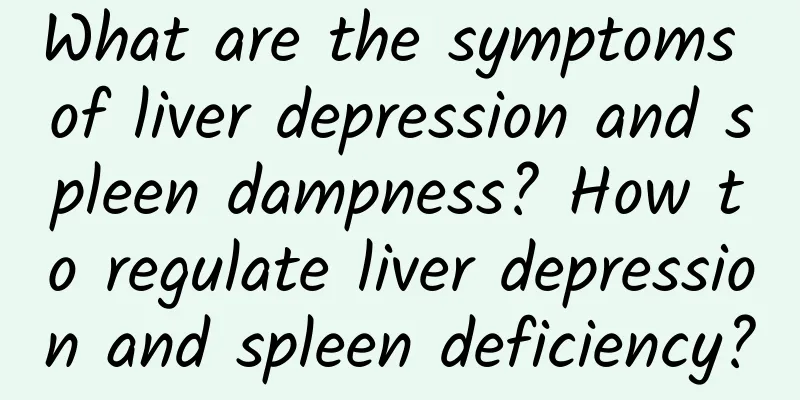Can I drink Chinese medicine without the medicine guide?

|
It is okay to drink Chinese medicine without the medicine guide, but its efficacy and function will be greatly reduced. Therefore, some ingredients contained in Chinese medicine are indispensable. Each one is formulated according to one's own body and medical condition, so no medicinal ingredient can be missing. Also, do not eat some irritating foods, seafood, etc. while drinking Chinese medicine. (1) Contraindications for the use of Chinese medicine: Certain drugs may produce opposite or antagonistic effects after formulation, which may reduce the efficacy of each other or cause toxic and side effects. Therefore, they should not be used together. (2) Contraindications for use of drugs by pregnant women: Mainly to avoid fetal movement and abortion. Most pregnant women have poor tolerance to extremely cold or hot drugs, strong laxatives, blood-breaking and blood-stasis-removing drugs, and highly toxic drugs. Therefore, the relevant drugs must be avoided. (3) Dietary taboos during medication: commonly known as dietary taboos, they are mainly to avoid interference factors when taking medicine in order to improve the efficacy of the medicine. They can be divided into two categories: dietary taboos corresponding to a certain medicine and dietary taboos when taking medicine under different disease conditions. For example, dietary taboos during medication include ginseng and radish, turtle shell and amaranth, licorice and silver carp, shanshan and onion, and poria and vinegar. The latter means that when taking medicine for chronic diseases, one should avoid eating raw or cold food; during the treatment of febrile diseases, one should avoid eating spicy and greasy food; for carbuncles, ulcers, and skin diseases, one should avoid eating fish, shrimp, goose meat, and spicy food. (4) Chinese herbal medicine decoctions should not be taken overnight: because Chinese herbal medicine contains starch, sugar, protein, vitamins, volatile oils, amino acids, various enzymes, trace elements and other ingredients. Most of these ingredients are dissolved in the decoction during boiling. The general method of administration is to take half of the medicine while it is still warm, and then take the other half 4 to 6 hours later. If taken overnight or stored for too long, not only will the efficacy of the medicine be reduced, but the effects of air, temperature, time, bacterial contamination and other factors will cause the enzyme decomposition in the medicine to become less effective, bacteria to multiply and breed, and starch, sugar nutrients and other components to ferment and hydrolyze, causing the medicine to become rancid and deteriorate, which is harmful to human health after taking it. As the saying goes, "If you don't control your diet while taking medicine, you will ruin the doctor's work." Dietary restrictions refer to dietary taboos when taking medicine or treating illness. Dietary restriction is a characteristic of TCM treatment, and physicians have always attached great importance to it. Relevant content is also widely found in medical books such as "The Yellow Emperor's Classic of Internal Medicine", "Treatise on Febrile Diseases", and "Golden Chamber". Practice has proved that there is some truth in abstaining from certain foods. Because the common foods we eat on a daily basis, such as fish, meat, chicken, eggs, vegetables, fruits, sauces, vinegar, tea, and wine, all have their own properties, which have a certain impact on the occurrence and development of diseases and the therapeutic effects of drugs. (5) Chinese medicine should not be taken with sugar Some people add sugar to Chinese medicine when taking it because the decoction is bitter and difficult to swallow. In this regard, relevant experts point out that some Chinese medicines are not suitable for taking after adding sugar. Adding sugar reduces the bitterness of the medicine while also reducing its efficacy. According to experts, Chinese medicine has four properties: cold, hot, warm and cool, and five flavors: pungent, sweet, sour, bitter and salty. Among them, pungent can disperse, sweet can slow down, sour can contract, bitter can astringe, and salty can soften. Chinese medicines with different tastes have different medicinal effects. Adding sugar to some Chinese medicines will change the medicinal properties of the bitter decoctions and affect their efficacy. |
<<: Chinese medicine for lung cancer
>>: What Chinese medicine do cancer cells fear the most?
Recommend
Small hard bump behind baby's ear
Because babies are young, they cannot describe th...
Dietary taboos for cholestasis during pregnancy
During pregnancy, if symptoms of bile stasis occu...
Should I remove the mole?
If a mole grows to a perfect size, it will have a...
Does Sanfutie have any side effects?
Sanfutie is more effective in treating symptoms s...
What causes urticaria?
Urticaria is currently a common skin disease in c...
What are the clinical manifestations of diabetes insipidus?
Diabetes insipidus has a typical clinical symptom...
How to deal with allergic eczema during pregnancy
If you develop allergic eczema during pregnancy, ...
Can I eat green beans during confinement?
Many people believe that green beans are rich in ...
Blood pictures
Speaking of dragon's blood, most people may b...
What medicine should I take for kidney yang deficiency?
In today's society, people only know about ki...
What causes conjunctivitis?
When facing conjunctivitis, we need to understand...
What should I pay attention to when I have mild thalassemia?
We all need to pay special attention to our physi...
Is it good to get a blocking injection for tenosynovitis? Treatment for tenosynovitis
Many patients with tenosynovitis will receive blo...
Why are your feet cold in hot weather?
Compared with men, women's bodies are more su...
Can I sleep with wet hair?
Some people have the habit of washing their hair ...









